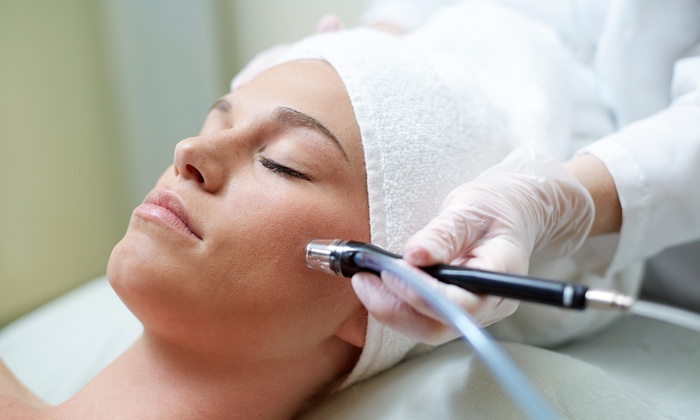Our skin is our body’s largest organ and can be greatly affected by hormonal changes. Understanding how hormones influence skin pigmentation is crucial for maintaining healthy, radiant skin. In this blog, we’ll delve into the intricate relationship between hormones and skin pigmentation, exploring how hormonal fluctuations during pregnancy, menopause, and hormonal treatments can impact our skin.
Understanding Skin Pigmentation:
Skin pigmentation is the process by which the color of our skin is determined. It’s primarily controlled by a pigment called melanin. Melanin comes in two main forms: eumelanin (responsible for brown and black skin tones) and pheomelanin (responsible for red and yellow tones). The amount and distribution of melanin in our skin determine its color.
The Role of Hormones:
Hormones are chemical messengers that regulate various bodily functions, and they play a significant role in controlling skin pigmentation. The main hormones that affect skin color are estrogen, progesterone, and testosterone. These hormones can fluctuate due to various factors, including age, pregnancy, and medical conditions.
Pregnancy and Skin Pigmentation:
Hormonal changes during pregnancy are well-known for affecting skin pigmentation. Conditions like melasma, often called the “mask of pregnancy,” can lead to dark patches on the face. To manage skin pigmentation issues during pregnancy, it’s essential to wear sunscreen, use gentle skincare products, and consult a dermatologist for specific guidance.
Menopause and Skin Changes:
Menopause, another period of significant hormonal fluctuation, can also impact skin pigmentation. The drop in estrogen levels can lead to reduced collagen production and skin thinning, which can make pigmentation issues more visible. Common skin problems during menopause include dryness, wrinkles, and age spots. To combat these issues, focus on a balanced diet, regular exercise, and moisturizing skincare routines.
Hormonal Treatments and Skin Pigmentation:
Hormonal treatments or therapies, whether for medical reasons or as part of hormone replacement therapy, can also influence skin pigmentation. Some people may experience skin darkening or lightening as a side effect. It’s essential to consult a healthcare professional when considering hormonal treatments and to discuss potential skin-related effects.
Skin Care Tips for Hormonal Balance:
Maintaining hormonal balance is key to healthy skin. To support hormonal health, consider a diet rich in fruits and vegetables, regular exercise, and stress management. In your skincare routine, look for ingredients like retinol, hyaluronic acid, and antioxidants to address skin pigmentation concerns.
Case Studies and Real-Life Experiences:
Let’s take a moment to explore real-life experiences. Many individuals have successfully managed their skin pigmentation issues through a combination of lifestyle changes, proper skincare, and professional advice. It’s a testament to the effectiveness of understanding how hormones affect skin pigmentation.
Professional Consultation:
While these tips and insights can be beneficial, it’s crucial to remember that each person’s skin is unique. If you’re experiencing severe skin pigmentation issues or are considering hormonal treatments, consult a dermatologist or healthcare professional. They can provide personalized guidance and treatments tailored to your specific needs.
Takeaway
Hormonal changes have a significant impact on skin pigmentation. Whether you’re going through pregnancy, menopause, or considering hormonal treatments, understanding this relationship is essential for maintaining healthy, glowing skin. By following the tips and seeking professional guidance when needed, you can proactively manage any skin pigmentation issues that may arise.
Your skin deserves the very best. Trust Cosmos Clinic, the preeminent authority in Laser Pigmentation Removal, for a brighter, more youthful complexion.











